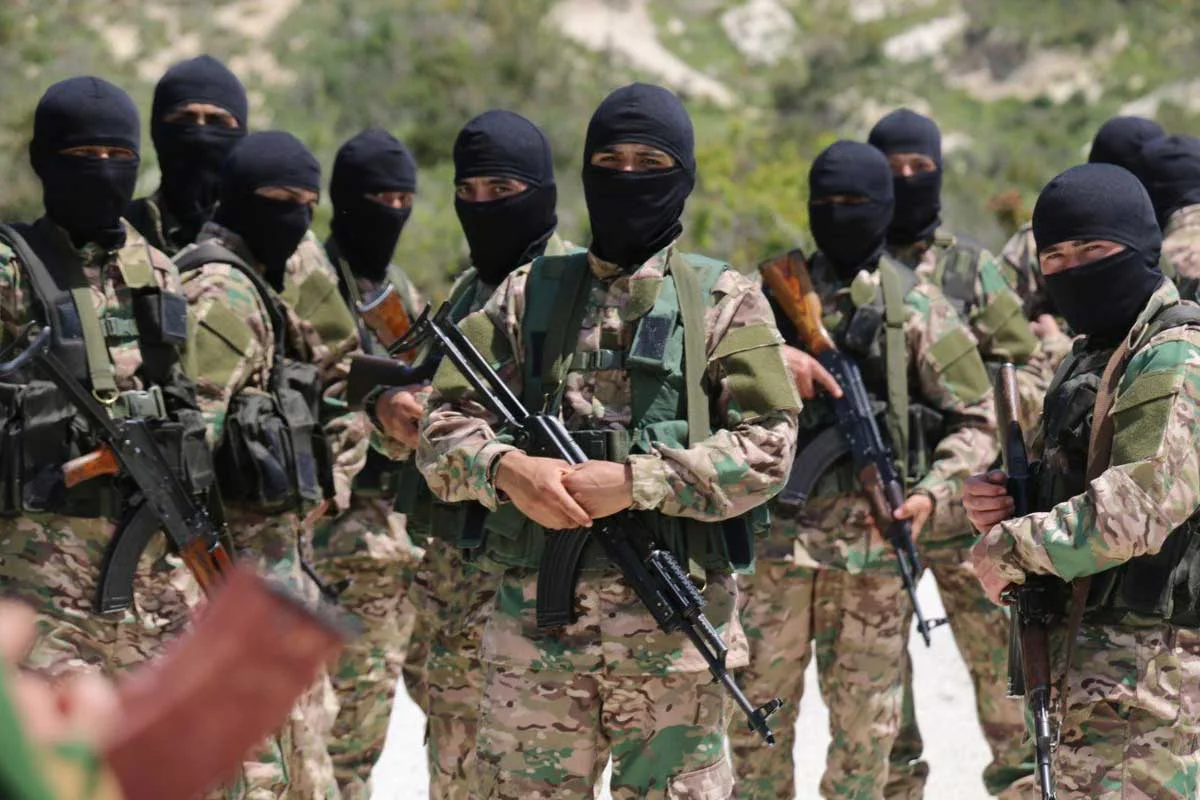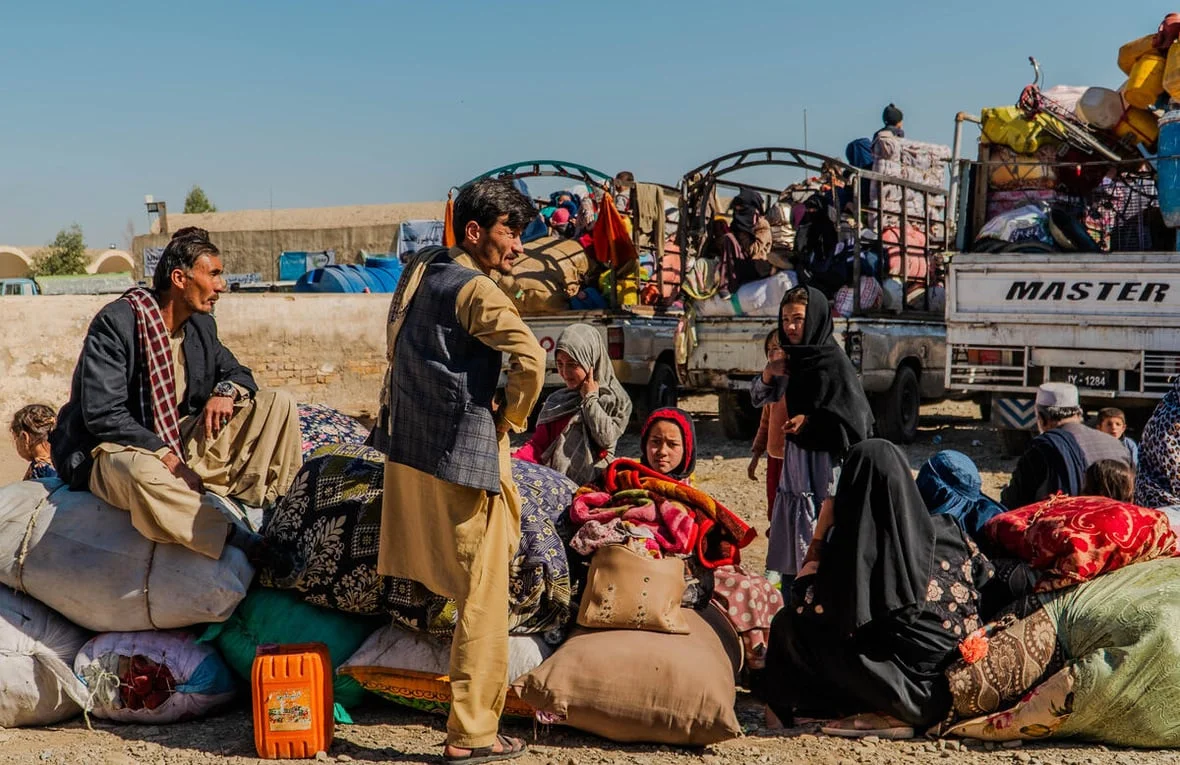Beijing may consider Bangladesh’s political stability and diplomatic positioning before making any commitment on economic and trade benefits that Foreign Adviser Touhid Hossain will seek during his four-day visit to China, said foreign policy analysts.
“China always emphasises on political stability — it is unlikely that China will go for any concrete commitment to new funding or providing trade benefits to the current interim government that’s temporary in nature,” said Sk Tawfique M Haque, director of the South Asian Institute of Policy and Governance at North South University.
During the visit, Dhaka will solicit the lowering of interest rates from 2-3 percent to 1 percent for Chinese loans, the waiving of loan commitment fees and extension of the grace period from 15 years to 30 years.
Foreign ministry officials have learned that Bangladesh will seek duty-free access to its products after graduating from the least-developed country bracket in 2026. Bangladesh will also seek more Chinese investments and higher exports to China.
Beijing may press Dhaka for joining the Global Development Initiative (GDI) and try to understand Bangladesh’s diplomatic positioning, especially as the interim government seems to be more pro-Western.
While the Western powers immediately welcomed Bangladesh’s political changeover in August, China took time to analyse the changed reality here, Haque said.
“China has overcome its initial inertia and is now normalising the relations with Bangladesh — this visit is part of that process,” he said.
Hossain’s visit comes on the invitation of Chinese Foreign Minister Wang Yi.
There might not be new Chinese investment before the political government is in power, said Munshi Faiz Ahmad, Bangladesh’s former ambassador to China.
However, regular trade and economic activities need to be on the right track.
Also See: Is Bangladesh Becoming an Islamic State
Bangladesh Seeks Lower Loan Rates from China
China is Bangladesh’s largest trading partner, with the bilateral trade amounting to $25 billion.
Bangladesh’s exports to China, however, are below $1 billion.
China is Bangladesh’s fourth-largest lender after Japan, the World Bank and the Asian Development Bank.
Chinese loans have surged, exceeding $1 billion annually since 2021-2022. The total Chinese loans disbursed since 1975 is $7.5 billion.
With the development of a number of mega projects over the last decade, Bangladesh now faces a huge challenge in foreign debt repayment.
“We would seek the lowering of loan interest rates from the Chinese side to ease our economic woes,” Hossain told reporters last week.
During her last visit to China in early July last year, former Prime Minister Sheikh Hasina had sought 36 billion yuan, equivalent to $5 billion, as soft loans from China, but China had offered only one billion Yuan (about $140 million).
The Chinese offer frustrated Hasina, who tilted towards India and moved away from China regarding the Teesta river management project.
“Now, Bangladesh is not tilted towards India and should take decisions independently for national interest,” Haque said.
Bangladesh Seeks Faster Loan Disbursement
Bangladesh is a member of China’s Belt and Road Initiative (BRI), which the Western countries term China’s geopolitical project.
“So, there should not be a problem for Bangladesh in joining the GDI,” Haque said.
The interim nature of the government prevents it from joining the GDI as it has foreign policy implications, Ahmad said.
A foreign ministry official said apart from lowering of the interest rates, Bangladesh will seek to speed up the disbursement of loans that have been slow over the last few months and buy four vessels and railway coaches.
He said Bangladesh will also seek detailed information on China’s plan to build a mega-hydropower dam across the Yarlung Tsangpo River in Tibet, which can have implications on the lower riparian countries including India and Bangladesh.
Bangladesh Seeks Chinese Support
Meanwhile, during a meeting with Hossain at the foreign ministry yesterday, Chinese Ambassador Yao Wen said they are ready to sign “implementation plan” on exchange of hydrological information with Bangladesh during the visit.
Yao also told Hossain that China is “seriously considering” lowering its interest rates for Bangladesh.
Hossain sought Chinese support for developing fruit storage and preservation capacity in Bangladesh.
He also said Bangladesh is ready to provide land and other logistics for setting up a full-fledged tertiary-level Chinese hospital in Purbachal.
He also requested China to designate at least three to four top-notch hospitals in Kunming so that Bangladesh nationals can go there for advanced treatment.
Rohingya issue will also feature prominently during Hossain’s visit to Beijing, especially on improving the conditions in Rakhine State for the Rohingya to return, Hossain said.
Dhaka needs to engage the Arakan Army (AA) to secure the Bangladesh border with Myanmar as it is now controlled by the AA, Haque said.
“India and China are both engaging with the Arakan Army. Why not us? We have greater security issues along the border,” he said.
This news is sourced from The Daily Star and is intended for informational purposes only.

![Bangladesh's Foreign Adviser seeks economic support from China during his visit, amid political changes in Dhaka. [Image via Daily Sun]](https://southasiatimes.org/wp-content/uploads/2025/01/1737289776-daf71a7104b6f8b8209ee8ed240f15bb.webp)




